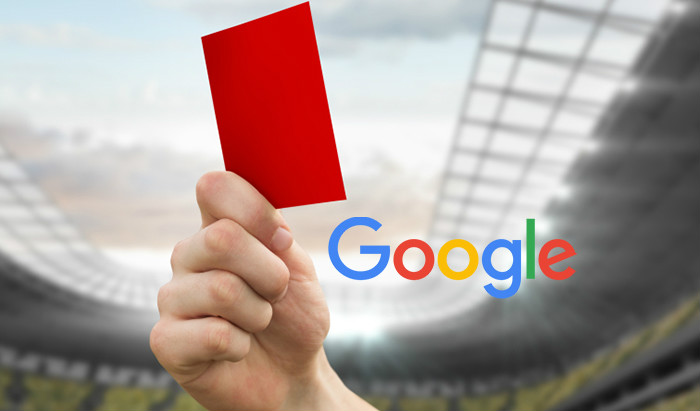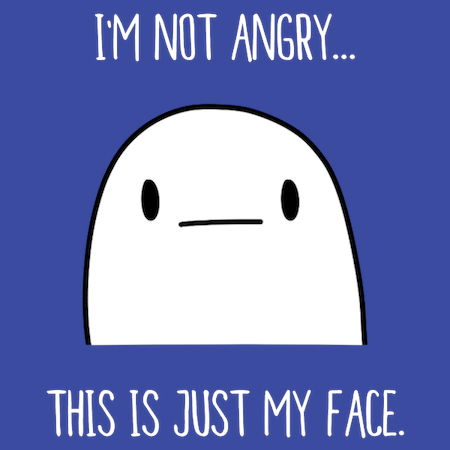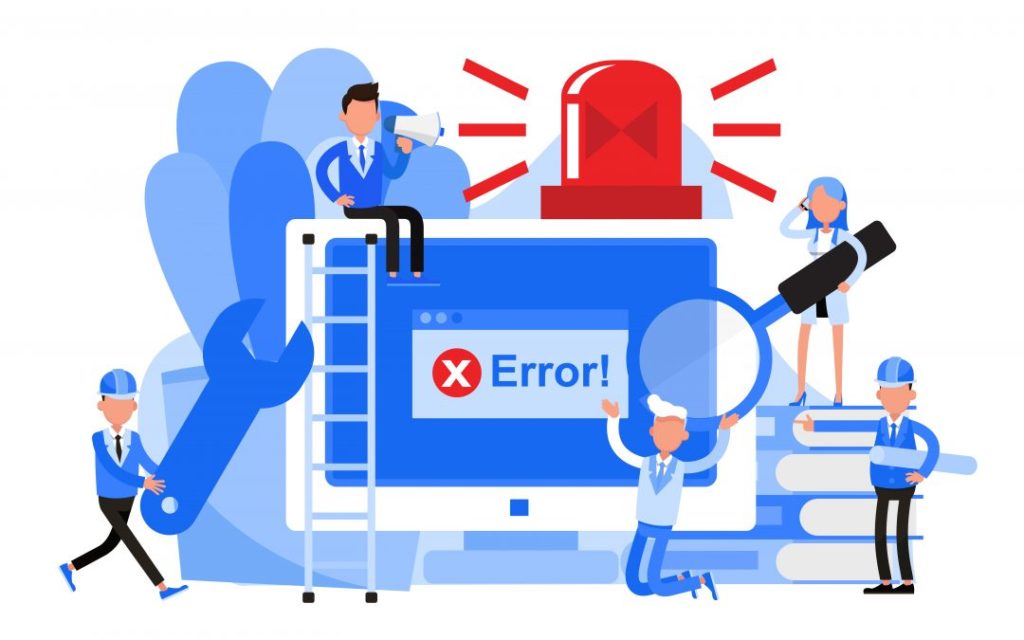How it works
The most important factor affecting your search engine ranking is the quality and quantity of inbound links to your website. Lots of well-targeted links from high authority sites is guaranteed to boost your website in the search rankings.
On the other hand, ‘spammy’ links such as paid-for links or links from dubious websites will cause you to slip in the Google rankings, or even for your website to be penalised by Google.

Over the last few years, “black hat” SEO practitioners (the bad guys!) have found a way to benefit from this. Simply buy a stack of poor-quality, spammy links from low authority sites (if the sites feature pornography or other dubious content and use link anchor text like ‘buy viagra cheap’ then so much the better), but instead of pointing this SEO kryptonite at your own site, point it at your competitors.
Assuming the victim does nothing to resolve the situation, Google will notice their website has made some bad friends and will knock them down the rankings accordingly, allowing the attacker’s website to take their place. It’s nasty, but it happens.
How to Know if You’ve Been Negative SEO Attacked and What to Do About it
If search engine positioning is important to your business and you have spent time and effort curating quality backlinks, you should keep an eye on them regularly. All the major search engine tools like Ahrefs and SEMRush allow you to monitor your site’s backlinks and be alerted if a whole load of dodgy links suddenly arrive overnight.

If new links look suspicious, you can disavow them using the Google Search Console Disavow Tool, meaning you can tell Google “Hey, these links point to my site but they’re from websites I don’t want to be associated with, please disregard them when indexing my site”, and they won’t affect you.
It’s worth monitoring your backlinks anyway, as competitors might also send emails pretending to be from your company to your best inbound links, asking for the link to be removed.
Other Forms of Negative SEO
For me, what we’ve just described is the sneakiest form of negative SEO and the most time-consuming to deal with, but there are others. Simply leaving dozens of fake one-star reviews is a simple way a competitor could drag your business down.
Another way is to create lots of accounts on your site and commenting with links to dodgy sites. Google will view this just as negatively – it doesn’t matter whether nasty sites are linking to or from your site, you’re still in a bad neighbourhood.
How Can I Prevent it?

In a way, you can’t. There’s nothing to stop anyone else linking to your website if they choose to, or commenting on your posts if they want to. Negative SEO is technically illegal under TORT law, but the difficulty of finding proof and bringing a case mean it’s generally not worth it.
There will always be times when we come up against bad people and have to risk making enemies to defend ourselves. And there will always be competitors whose tactics are a bit underhand, but wherever possible, avoid giving someone a reason to hate you in the first place and you avoid giving them a reason to think about hitting you with negative SEO.

